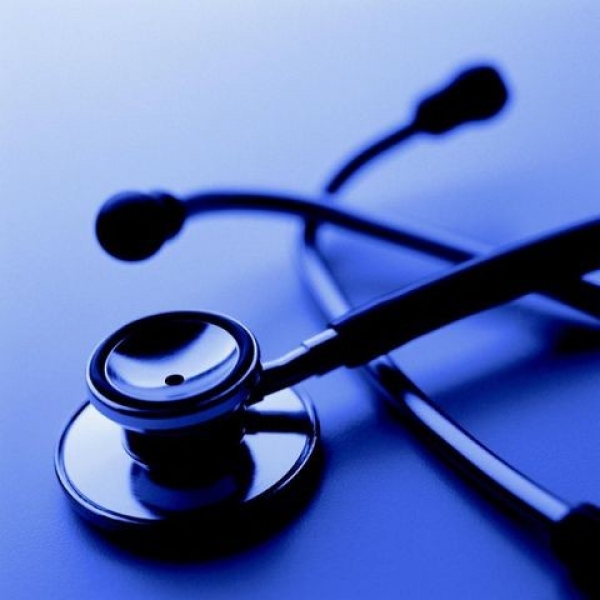https://www.unifg.it/
Description
The single-cycle Master's Degree course in Medicine and Surgery provides a total of 360 University Educational Credits (CFU), divided into six years of course, of which at least 60 to be acquired in practical training activities aimed at maturing specific professional skills (professionalising CFU) .
Each CFU corresponds to a student commitment of 25 hours.
1 CFU corresponds to 12.5 hours of frontal lessons in the basic, characterizing and related disciplinary areas, or theoretical-practical teaching (seminar, laboratory, exercise), or to 25 hours of assisted study within the teaching structure. Each professionalizing CFU (training and orientation internships) corresponds to 25 hours of frontal teaching as well as each CFU for the activities chosen by the student and for the final exam.
The specific mission of the single-cycle Master's Degree course in Medicine and Surgery is biomedical-psychosocial and aimed at the real development of professional competence and the values of professionalism. It is founded on the importance of integrating the biomedical paradigm of curing the disease with the psycho-social paradigm of caring for the human being in the metaparadigm of the complexity of care.
This specific mission is therefore aimed at training a doctor, at an initial professional level, who possesses:
- a multidisciplinary, interprofessional and integrated vision of the most common problems of health and illness;
- an education aimed at disease prevention and health promotion within the community and the territory;
- a profound knowledge of the new needs of care and health, centered not only on the disease, but, above all, on the sick man, considered in his totality of body and psyche and inserted in a specific social context;
The teaching method adopted, useful for achieving the expected qualifying characteristics, provides for the horizontal and vertical integration of knowledge, a teaching method based on a solid cultural and methodological basis achieved in the study of pre-clinical disciplines and subsequently mainly centered on skills to solve problems and make decisions, on early contact with the patient, on the acquisition of good clinical skills and in the human relationship with the patient.
The right balance of vertical and transversal integration between:
a) Basic sciences, which must be broad and include knowledge of evolutionary biology, molecular biology, genetics and biological complexity is proposed in the teaching project of the Master's Degree Course aimed at the knowledge of the structure and function of the human organism in normal conditions, for the purpose of maintaining health conditions and the correct application of translational scientific research;
b) Knowledge of the morbid processes and the mechanisms that cause them, also in order to set up prevention, diagnosis and therapy;
c) Clinical and methodological medical practice, which must be particularly solid, through a wide use of tutorial teaching, capable of transforming theoretical knowledge into personal experience in such a way as to build one's own scale of values and interests, and to acquire professional skills useful for knowing how to manage the complexity of medicine;
d) The human sciences, which must constitute a useful baggage to achieve awareness of being a doctor and of the profound values of the doctor's professionalism;
e) The acquisition of scientific, medical, clinical and professional methodology aimed at the health problems of the individual and the community.
The expected learning outcomes are defined here by integrating the European Descriptors (5 Dublin descriptors) with what is proposed by the Institute for International Medical Education (IIME), Task Force for Assessment, and by The TUNING Project (Medicine) Learning Outcomes / Competences for Undergraduate Medical Education in Europe.
Below are the learning objectives for the single-cycle Master's Degree Courses in Medicine and Surgery and attributed to the different methodological skills provided for by Ministerial Decree 16/03/2007, art. 3 paragraph 7 required for this graduate. The objectives are also consistent with what is indicated in the Core curriculum for the Master's Degree in Medicine and Surgery proposed by the Permanent Conference of Presidents of the Italian Degree Programs.
Specific details
University
University of FoggiaLocation
Via Antonio Gramsci, 89-91, Foggia , 71100, Puglia, Italy Video
